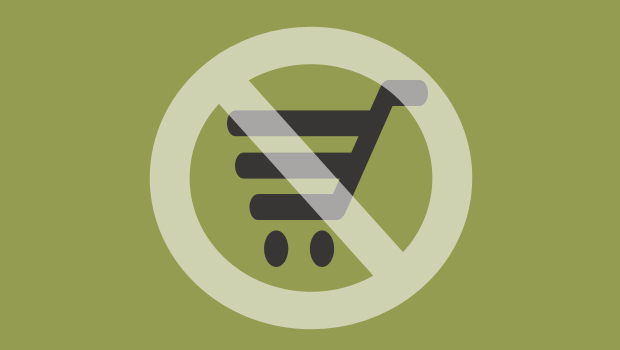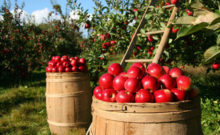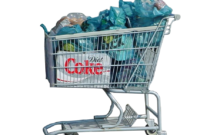 When it comes to chemicals and additives in foods, the United States has a number of different products approved for use that have been banned in Europe, Canada, Japan or India. These other countries consider the banned food additives so unhealthy that they no longer allow them to be put into their country’s products. Unfortunately, there are many common examples of these same banned products and GMO foods being sold, purchased and consumed in America.
When it comes to chemicals and additives in foods, the United States has a number of different products approved for use that have been banned in Europe, Canada, Japan or India. These other countries consider the banned food additives so unhealthy that they no longer allow them to be put into their country’s products. Unfortunately, there are many common examples of these same banned products and GMO foods being sold, purchased and consumed in America.
Food Colorings
There are a number of different food colors commonly used in American foods such as Nutri-Grain bars, Kraft dinners, Fruit Loops and other cereals, a number of different sodas, candy such as M&Ms, and even pet food that are banned food additives in other countries. Some of these countries with enforced bans on a number of these questionable colors that produce a “rainbow of risk” include Norway, Finland, France, Austria and the United Kingdom. The most troublesome colors include Blue #1, Blue #2, Yellow #5, Yellow #6 and Red #40. These dyes have been linked with hyperactivity in children, nerve-cell deterioration and even brain cancer in some.
Brominated Vegetable Oil (BVO)
This additive is often used in citrus-flavored sodas such as Mountain Dew and sports drinks to make the artificial colors stick to the liquid.It has been banned in more than 100 different countries including all of the European Union countries, India and Japan, but remains in use in Mountain Dew. After complaints, PepsiCo has agreed to no longer use BVO in Gatorade products. Brominated vegetable oil contains bromine, which is a chemical usually used as a flame-retardant in things such as carpeting. When used in food products, it has been linked with thyroid hormone interference, neurological problems, birth defects, schizophrenia, hearing loss and organ system failure.
Olestra (aka Olean)
This fat substitute is used in potato chips, French fries and corn chips. It has been linked to depletions of fat-soluble vitamins and carotenoids that are vital micronutrients provided by foods, causing it to be on the banned food list in some countries. The use of Olestra has been banned in both the United Kingdom and Canada because of the tendency of its use to cause cramping and leaky bowels. It is currently for sale in American products including Ruffles Light and Lay’s WOW chips.
rBGH and rBST
Both recombinant bovine growth hormone (rBGH) and recombinant bovine somatropin (rBST) are synthetic growth hormones that are commonly given to cows in the United States. These hormones are present in all dairy products including milk, cheese and any non-organic dairy product that does not note its absence on the package. These hormones have been banned across the European Union, Japan, Canada, New Zealand and Australia. They have impacts on both the cows that are injected with them and the humans that eat the products from them. While there is some controversy surrounding their impact on human health, they are sometimes linked to cancer and infertility. GMO foods continue to be a huge source of controversy around the world, as the population struggles to provide enough high-quality foods to be distributed to people on a global scale. The question remains though whether or not GMO foods and banned food additives should be for sale at all in any part of the world.


